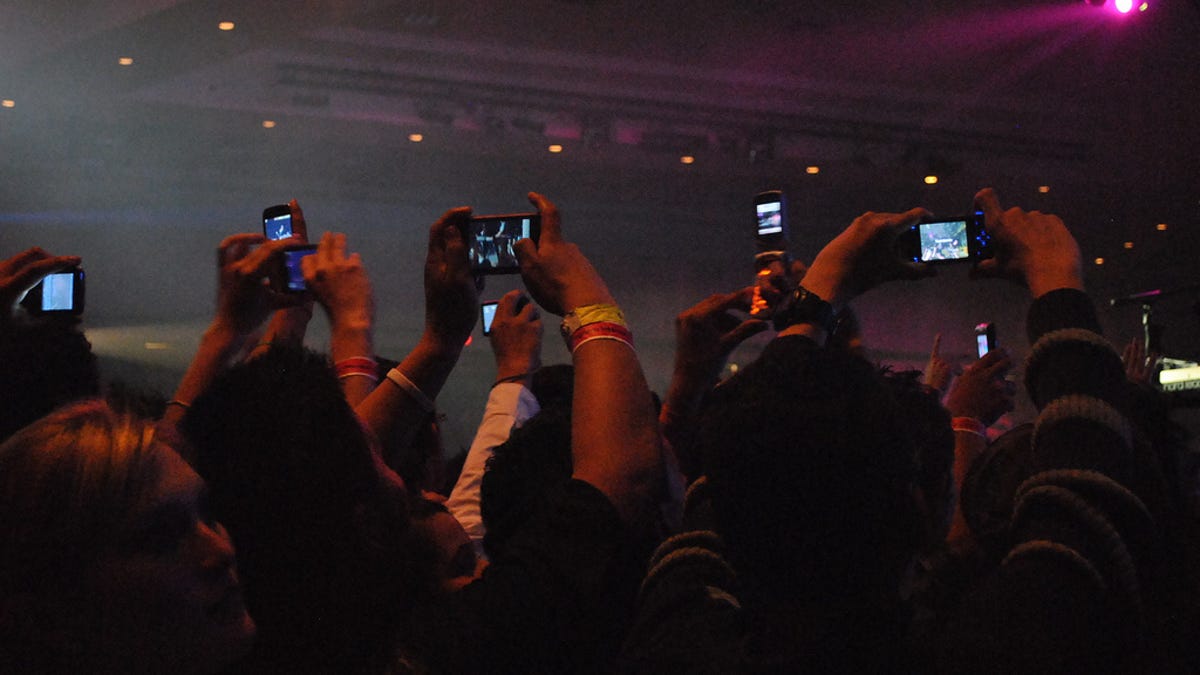Cognitive psychologists are giddy over smartphones
Collecting data via smartphones could solve several problems cognitive psychologists encounter when trying to study people with as little bias as possible, new research suggests.

Smartphones may offer a smarter way to gather data in cognitive research, according to a paper in this week's journal PLoS ONE.
Until recently, when studying human behavior cognitive psychologists--who examine such things as how people think, remember, and perceive the world around them--have relied on volunteers who come to research facilities.
Collecting data solely from this sort of cohort could highly skew resulting data; for one, the number of people who volunteer their time tends to be smaller in scale, and by studying only the types of people who volunteer for this kind of research, cognitive psychologists are stuck examining a fairly homogenous group of people.
So roughly 10 months ago, in December of 2010, a team of researchers launched a large-scale iPhone/iPad-based language study investigating people's abilities to distinguish words from related nonwords, such as distinguishing the word table from tible.
While it took researchers conducting a similar study three years to collect data from a few thousand subjects, this team has already collected data from 4,157 participants in a matter of months. Furthermore, they're conducting the study in seven languages around the world (English, French, Spanish, Catalan, Basque, Dutch, and Malay).
"This innovative research involving volunteer smartphone users from all over the world not only allows us to better understand how the brain recognizes words," the researchers write, "but indeed opens up vast possibilities for future large-scale research on aspects of human cognition such as memory and aging, cultural differences in perception of facial emotional expression, or reading development in children."
Of course, relying only on smartphone users for these types of studies comes with its own set of limitations. For instance, Nielson reported in 2010 that slightly more males than females are buying smartphones (53 to 47 percent), and smartphone use varies by income level, age, and ethnicity, to name a few parameters. But with smartphone use on the rise, it could eventually be commonplace across most demographics.

